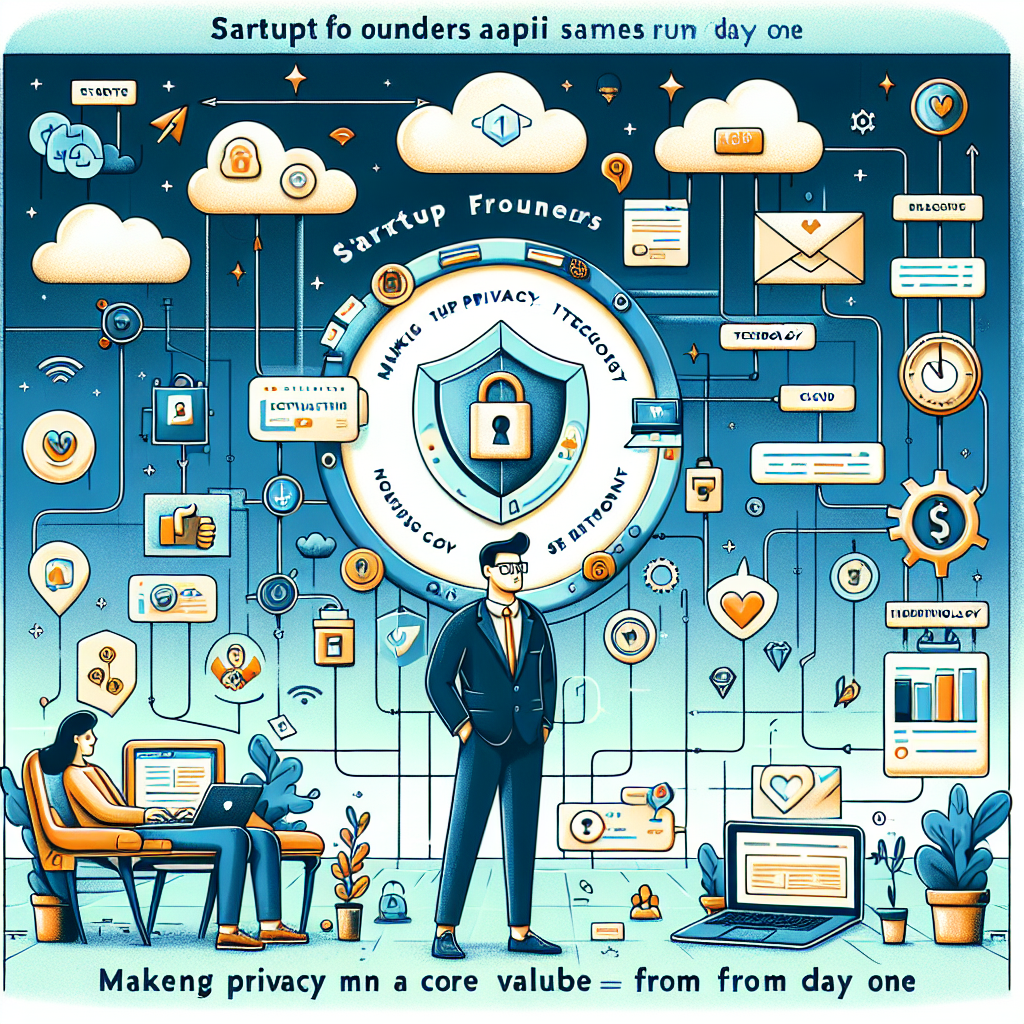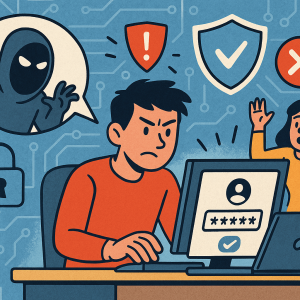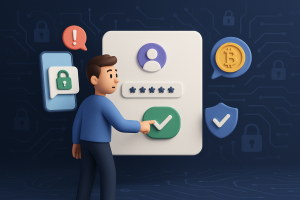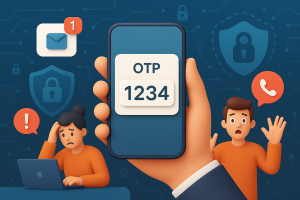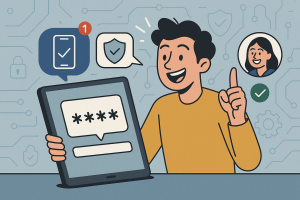As a startup founder, you’re used to operating at lightning speed. From MVP to roadmap, funding rounds to pivoting product ideas — every day feels like a sprint. But in the rush to build the next unicorn, there’s one crucial foundational pillar many startups overlook: user privacy. In today’s digital world, we’re not just creating digital products — we’re shaping how people live, interact, and trust. And privacy can no longer be an afterthought. It must be baked in from your very first line of code.
Privacy is Not a Luxury—It’s a Value Proposition
When I launched my first startup ten years ago, privacy was mostly a box to check. We tossed up a basic privacy policy, used cookie banners, and thought the job was done. That was a mistake. Today, privacy is no longer optional. It’s a differentiator, a value proposition, and for most digital consumers — an expectation.
If you’re launching a product that collects or handles personal data — and let’s be honest, that’s basically every digital product — your approach to privacy can define customer trust from the start. Once you lose that trust, it’s nearly impossible to win back. Consumers are becoming far more discerning, only engaging with brands that respect their data and empower them to control it.
The Global Challenge: Navigating Regulations Across Borders
Imagine this: your startup goes viral. You start gaining traction in Southeast Asia, the EU, and South America — all in a matter of weeks. This isn’t far-fetched anymore. The digital world is borderless, but data privacy regulations aren’t. From GDPR in the EU to CCPA in California and LGPD in Brazil, the compliance landscape is complex and unforgiving.
I learned this the hard way. Scaling a SaaS platform into Europe, we assumed our U.S. privacy framework would be “good enough.” Within three months, we were scrambling to patch together legal documentation, rethink consent flows, and overhaul backend processes. The lesson? Think about multi-country compliance before you scale, not after.
If you’re offering authentication or sending notifications globally, like SMS verifications, consider tools that support multi-country SMS OTP modules from day one. Not only does this make your platform more secure, but it also demonstrates an international mindset when it comes to data sovereignty and user experience.
Privacy Fuels Innovation — Not the Other Way Around
There’s still a pervasive myth among founders that privacy gets in the way of innovation. That it limits creativity or growth. From my experience, the opposite is true. Placing privacy at the center of product design forces you to be more intentional, more user-centric, and more scalable.
We started embedding privacy by design principles early in our product roadmap. It led us to create features that offered transparency dashboards, granular permission settings, and truly meaningful consent flows. Guess what? Our early adopters loved it. We didn’t lose speed — we gained leverage. Privacy wasn’t our bottleneck, it was our advantage.
User Trust Compounds Like Interest
Think about how you build a relationship with your users. It doesn’t happen overnight. Trust is built in layers. By consistently demonstrating that you protect their data, don’t abuse their information, and alert them quickly in the face of new risks, you’re showing integrity — and that’s rare currency these days.
We once implemented a small but mighty change: notifying users every time their account was accessed from a new device using a multi-country SMS OTP. It led to a 30% drop in support tickets related to suspicious login activity. More importantly, users loved it. They felt in control and secure — and they told their networks.
Founders, take note: trust compounds. It’s not just about avoiding scandal or fines — it’s about creating a brand people recommend, return to, and believe in.
Your Team Culture Will Mirror Your Privacy Values
Privacy isn’t just about what tech you build — it’s about how your team operates. From internal Slack channels to customer support protocols, your organizational culture will either reflect best privacy practices or become a source of risk.
Teach your team to handle data with care. Establish processes for open discussion on data handling. Offer transparency in how internal tools manage user information. These decisions don’t just protect your company — they also shape your long-term ability to scale ethically.
And remember, the energy you invest into privacy will multiply. When your first ten employees obsess over user protection, it becomes a cultural fixture impossible to ignore. You’ve set the tone for 100, 1,000, or even 10,000 future team members.
The Privacy-First Startup Wins in the Long Game
Startups that hardwire privacy into their foundation stand a better chance of surviving — and thriving — in today’s volatile tech ecosystem. We’ve seen too many companies rise fast and fall even faster because they treated user data as an afterthought. That doesn’t have to be your story.
Success isn’t just about rapid growth. It’s about sustainable value. And you can’t build value on a shaky privacy foundation. Equip yourself with systems that evolve with regulations. Prioritize features that delight users while securing their data. Leverage tools like multi-country SMS OTP integrations to simplify trust and empower users, no matter where they are.
Privacy is no longer a legal checkbox — it’s your opportunity to lead with values, build with intention, and win with trust.
Start your journey with systems that support your vision — and your values. Start your free account today and bring privacy to the forefront of your startup’s future.

